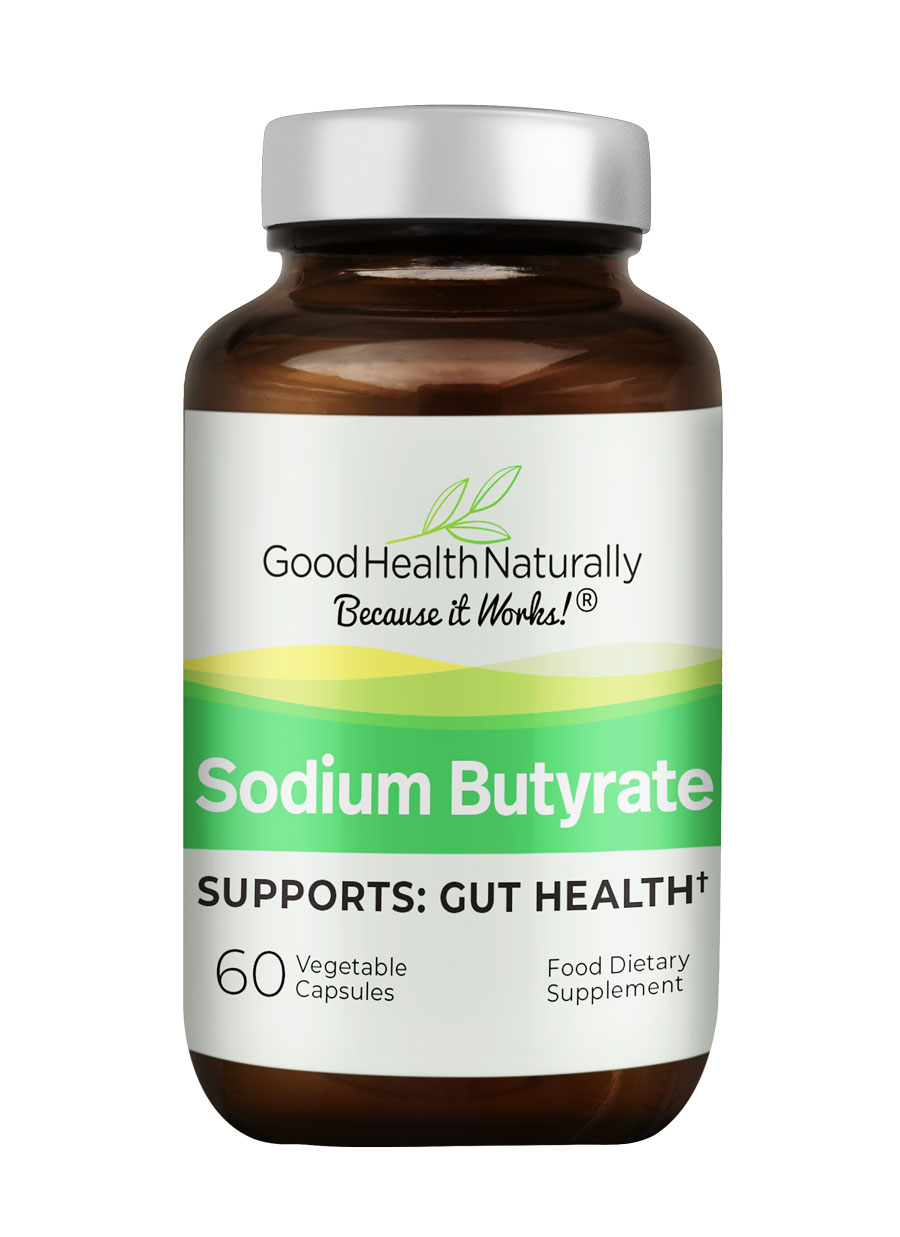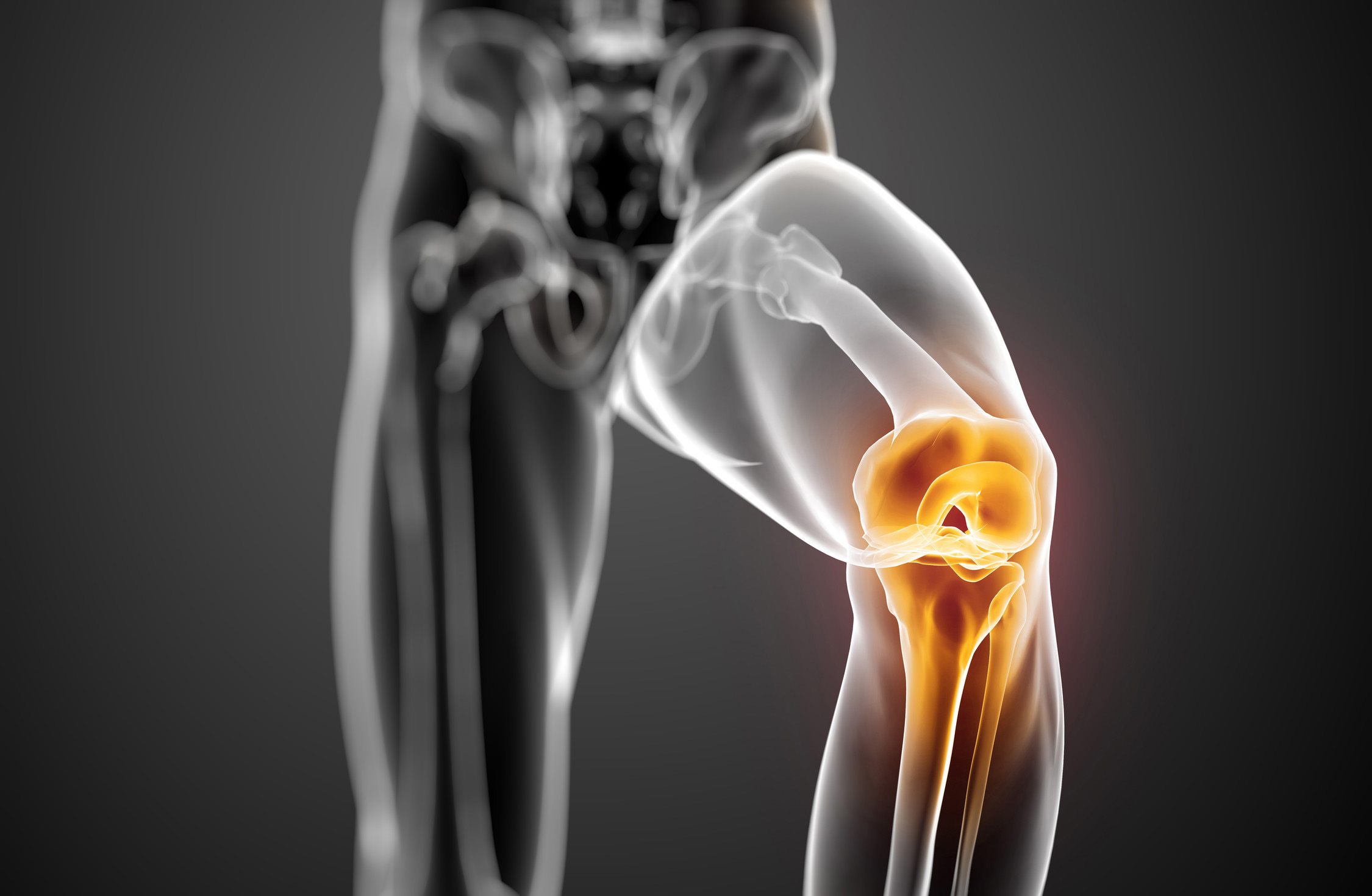You may or may not have heard about Postbiotics and how they can boost your good gut health.
Many of us know about the benefits of probiotics and prebiotics, but we might not be so familiar with postbiotics and their many roles in the body.
What are Postbiotics?
Unlike prebiotics that acts as ‘food’ for the probiotics or friendly bacteria, postbiotics are a kind of waste product of this process – but that doesn’t mean they don’t have their benefits. They are the end product of the fermentation of prebiotic fibres.
While probiotics ferment the dietary fibre, postbiotics are created at the end of this process. For example, if you consume a prebiotic fibre like inulin – that goes through the small intestine, where it’s broken down, and then into your large bowel, bifidobacteria – a probiotic – is broken down. When fermented, it produces butyrate, which is absorbed in the gut.
Postbiotic compounds can include lactic acid, butyrate and other short-chain fatty acids that can help maintain intestinal pH and mucosa. They are currently being researched for a variety of other beneficial physiological functions.
Here are just some of their many fantastic benefits…
Gut Health
Postbiotics can deliver compounds to the gut without being affected by the presence or absence of a particular microbe.
This means that Postbiotics can provide a more immediate need than probiotics and prebiotics, that often need to be taken together to help cultivate healthy gut flora.
Skin Health
Postbiotics include specific peptides and fatty acids that help to firm, smooth, and even reduce wrinkles and other signs of ageing. Research shows that postbiotics have anti-ageing benefits, and they may be able to target specific skin conditions such as eczema or acne.
Scientists also state that postbiotics can protect the skin against ultraviolet exposure, one of the leading causes of skin ageing. [1]
May Help To Lower Blood Sugar
Studies have shown that postbiotics can help to lower blood sugar levels, especially in obese people with prediabetes, and may help reduce the risk of developing Type 2 Diabetes.
Scientists have found that a specific component of bacteria lowers blood glucose and allows insulin to work better.
In one study involving mice genetically engineered to be obese, the scientists found that postbiotics boosted the effectiveness of insulin. [2]
May Support Your Immune System
Postbiotics such as butyrate, a short-chain fatty acid, can stimulate the production of regulatory T-cells in your intestine. These cells can help to control the magnitude of your body’s immune response. [3]
In studies, people taking postbiotics may lower their risk of respiratory infections and improve their ability to produce antibodies that help defend the body against harmful bacteria and toxins. [4]
May Help To Treat Diarrhoea
Postbiotics have also been shown to help with diarrhoea. One 2020 review on postbiotics found that they can help with infectious diseases in children. They also found that using postbiotic supplements shortened the time they had diarrhoea. [5]
These are just some excellent benefits of taking Postbiotics to support good health.
References:
[1] https://onlinelibrary.wiley.com/doi/full/10.1111/jocd.15464
[2] https://www.ncbi.nlm.nih.gov/pmc/articles/PMC8000401/
[3] https://pubmed.ncbi.nlm.nih.gov/32717965/
Recommended Examples
Sodium Butyrate
Sodium Butyrate – A short-chain fatty acid, it’s one of the three most common SCFA’s in your gut and the building blocks our cells need to function. It supports digestive health and provides immune health benefits. Available from Good Health Naturally.







